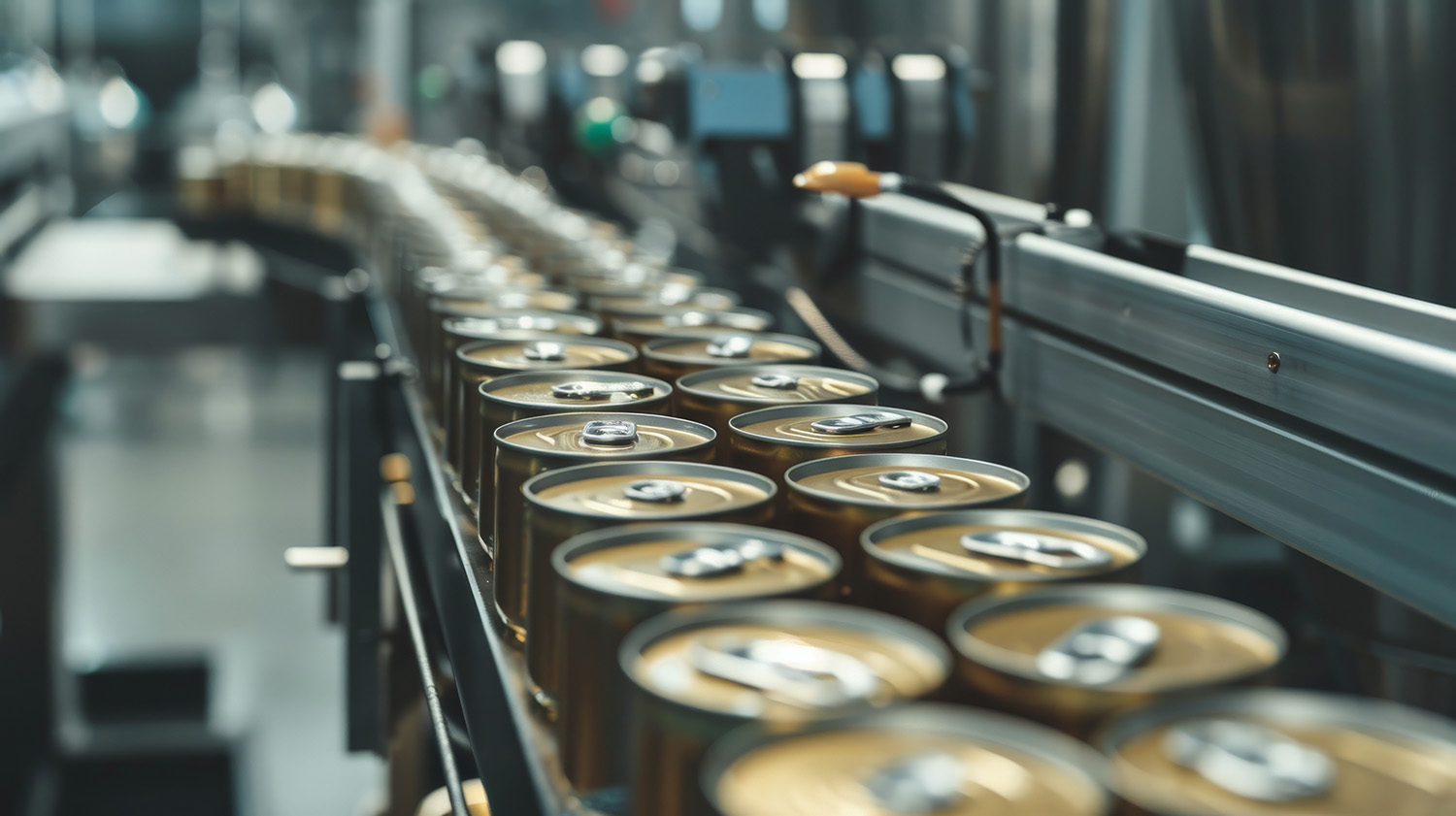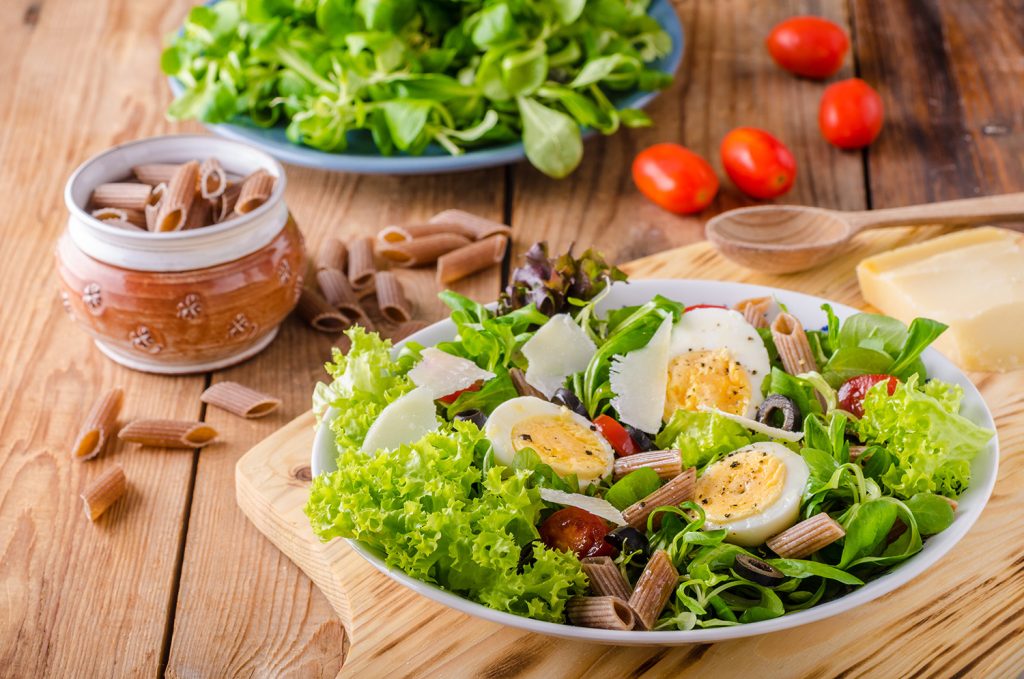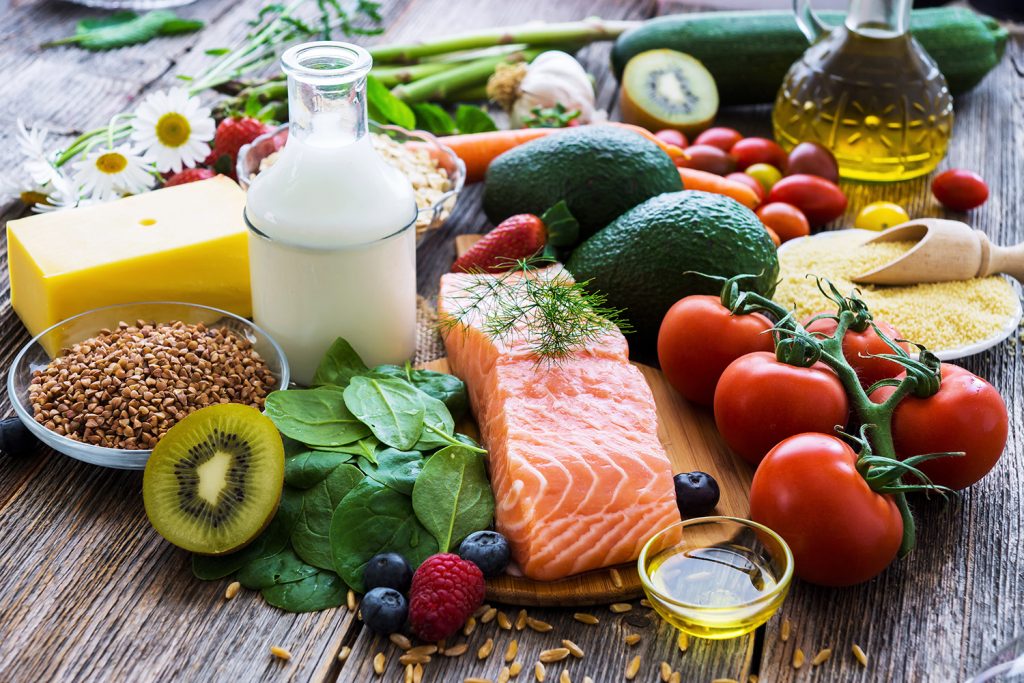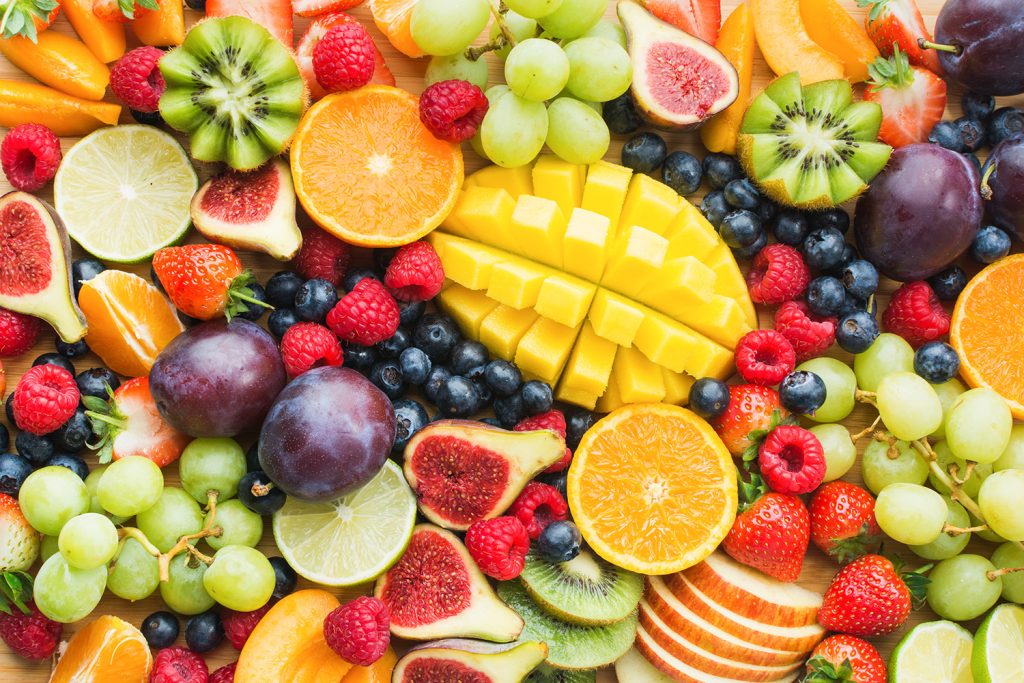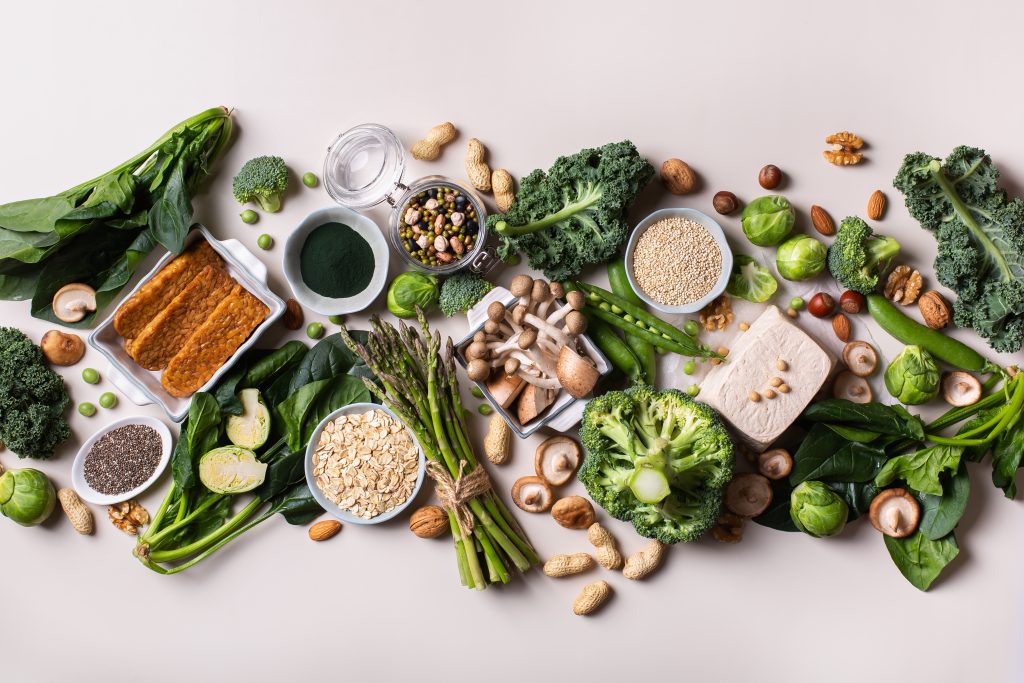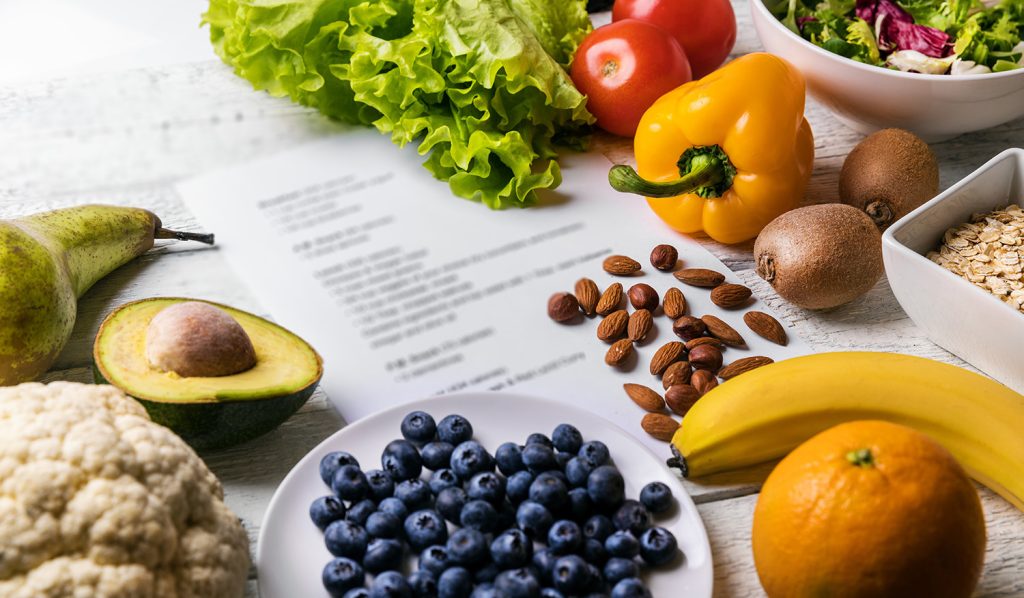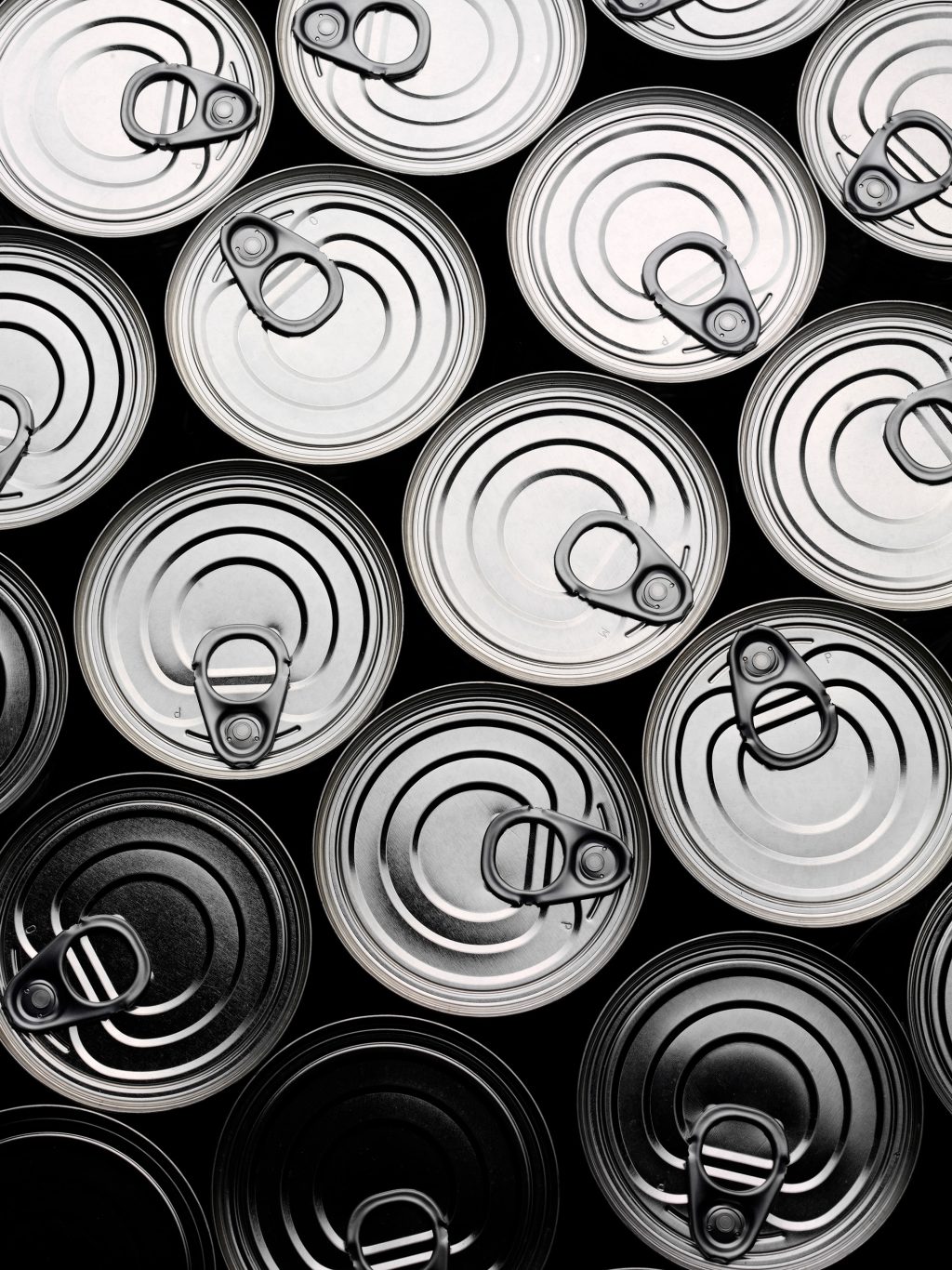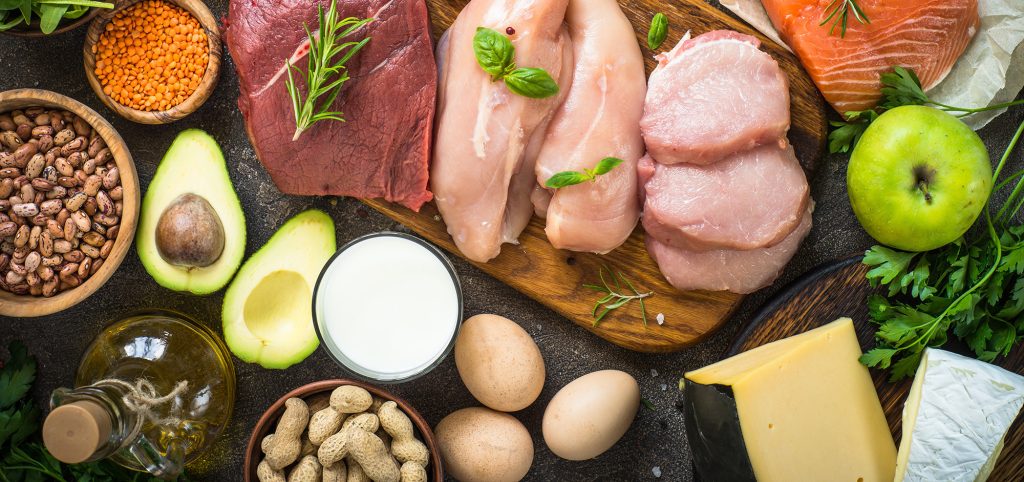Home / News & insights /
27 Sep 2024
Facts about Ultra-processed Foods
- Nutrition and Wellbeing
What is a UPF?
Ultra-processed foods (UPFs) have been in the headlines recently because they make up 60% of our diet and are linked to diseases like type 2 diabetes, heart disease and even cancer as well as overweight and obesity.
UPFs are classed as foods that have been through many manufacturing processes and contain ingredients you typically wouldn’t have in your kitchen, like artificial sweeteners and other additives that improve shelf life, texture or flavour.
Examples include many processed meat products like bacon, sausages, burgers and nuggets, as well as pizzas, biscuits, cakes and crisps. But more surprisingly, bread, tortillas, oat milk and shop-bought hummus are also classed as UPFs.
UPFs are very easy to overeat – Studies show that people eat more calories when they eat a lot of UPFs rather than a diet rich in unprocessed, whole foods.
This is because UPFs are often soft and easy to chew and, therefore, eat quickly, unlike fresh fruit and vegetables and other high-fibre foods that require a lot of chewing, slowing down the speed at which we eat. They are very tasty as they are often high in fat, salt and sugar so we want to eat more of them. And, they are often calorie-dense and low in volume compared with unprocessed foods that can be bulky, high in fibre and protein, but often less calorific, gram for gram.
How do UPFs have negative health effects? – Most UPFs have a poor nutrient profile and we know that diets high in saturates, salt, sugar and calories can lead to weight gain and the diseases described above.
But beyond the nutritional value, science can’t yet tell us whether the processing and additives are directly affecting our health. Some additives might affect the balance of gut bacteria, but we need to do more research.
It’s important to recognise that some UPFs, with a healthy nutrient profile like bread and hummus, may not have the negative health effects of others, such as burgers, pizzas, sugary or salty snacks and soft drinks.
What should I do to reduce my UPF intake?
- Try cooking from scratch, using mainly whole foods, as often as you can
- Reduce your use of ready-made meals, sauces and condiments
- Try to snack on fruit, yoghurt, nuts and vegetables or even have a mini meal such as a small pitta with chicken and cucumber sticks between meals rather than relying on processed biscuits, bars, crisps and chocolate
- Don’t sweat the small stuff. It’s OK to buy a pot of hummus or some sliced wholemeal bread, even if they contain some additives. Just try to vary your diet as much as you can and choose lower-sugar, salt and saturated-fat foods.
